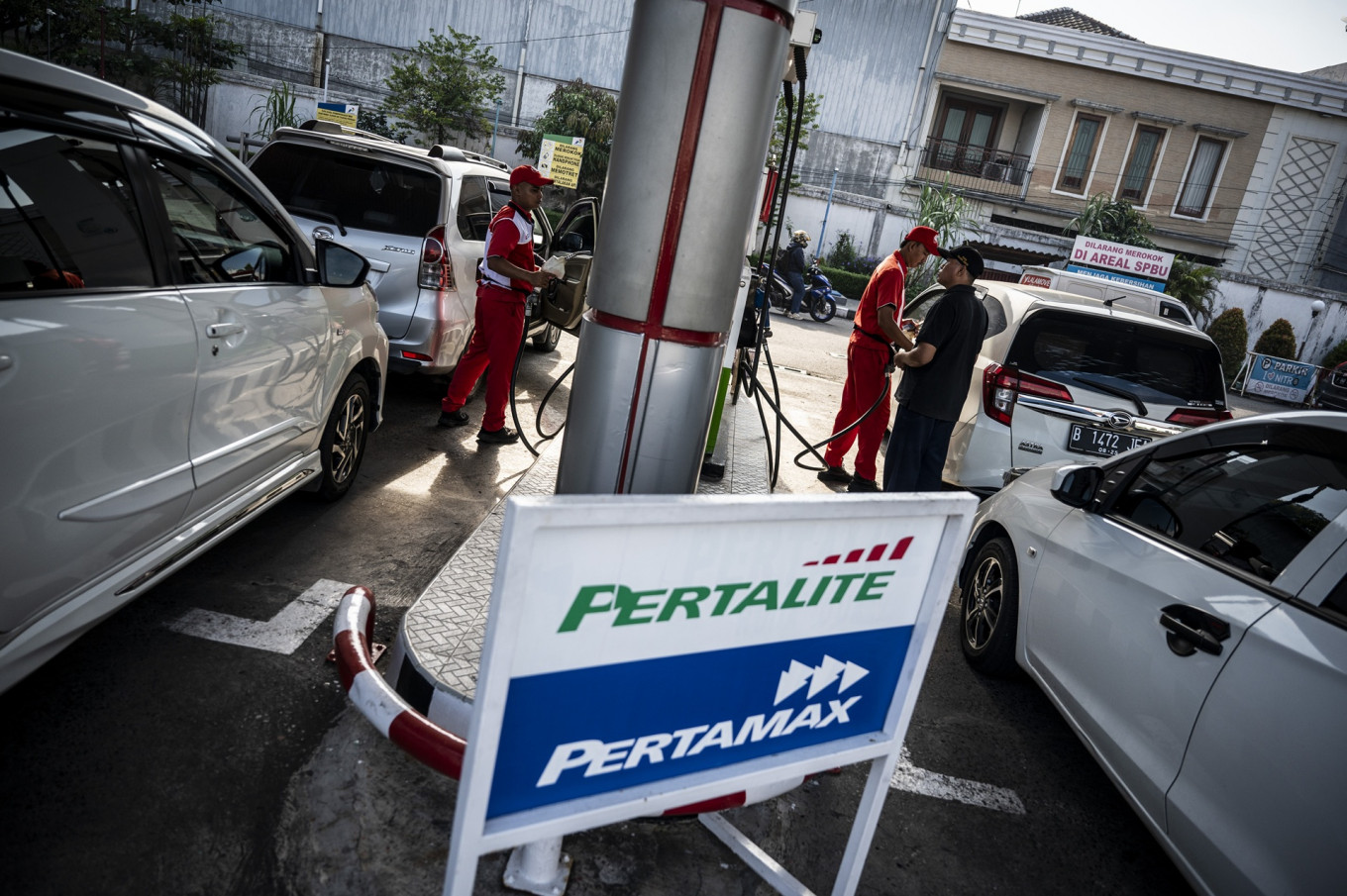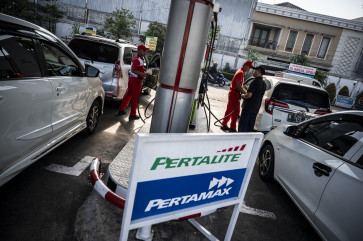Popular Reads
Top Results
Can't find what you're looking for?
View all search resultsPopular Reads
Top Results
Can't find what you're looking for?
View all search resultsThe geopolitical realities of renewable energy
Recent global events have exposed the fragile balance between energy security and sustainability.
Change text size
Gift Premium Articles
to Anyone
T
he global shift toward renewable energy is no longer a purely environmental or technological endeavor. It has become a geopolitical and geoeconomic transformation, one that is reshaping power relations, trade dynamics and national security priorities. For Indonesia, this transition presents both opportunities and risks, demanding strategic foresight and policy agility.
Recent global events have exposed the fragile balance between energy security and sustainability. The war in Ukraine, disruptions in global supply chains and inflationary pressures have prompted many governments to prioritize reliability over decarbonization. While renewable energy remains central to long-term climate goals, the short-term response has included reactivating coal plants, stockpiling fossil fuels and accelerating domestic energy production.
This shift does not signal a retreat from sustainability, but rather a recalibration of priorities. Energy security now encompasses not only fuel availability but also control over supply chains, critical minerals and grid resilience. The World Economic Forum has noted that geopolitical tensions are testing the foundations of energy transition, forcing countries to rethink how they balance affordability, reliability and environmental responsibility.
Political resistance to global climate frameworks has further complicated the transition. The withdrawal of the United States from the Paris Agreement under President Donald Trump administration was a stark reminder of how domestic politics can undermine international cooperation. Climate skepticism, economic nationalism and protectionist policies continue to challenge the legitimacy of multilateral climate governance.
Funding mechanisms such as the Green Climate Fund and the Loss and Damage Facility face uncertainty, leaving many vulnerable nations without adequate support. Yet, new leadership is emerging. The European Union and China are stepping into the vacuum, offering alternative models of climate diplomacy and industrial policy. For Indonesia, this opens space to engage with emerging coalitions, assert its interests and help shape the rules of global climate engagement.
Technological innovation is also reshaping the fossil fuel narrative. Carbon capture, utilization and storage (CCUS), along with hydrogen blending, offer transitional solutions that reduce emissions without dismantling existing infrastructure. Blue hydrogen, produced from natural gas with CCUS, is gaining traction as a scalable and politically viable option.
These cleaner fossil pathways are particularly relevant for countries with abundant reserves. They allow for gradual decarbonization while preserving energy sovereignty and economic stability. Indonesia, with its significant natural gas potential, can leverage these technologies to support a pragmatic and inclusive transition, especially in sectors that are difficult to electrify.



















